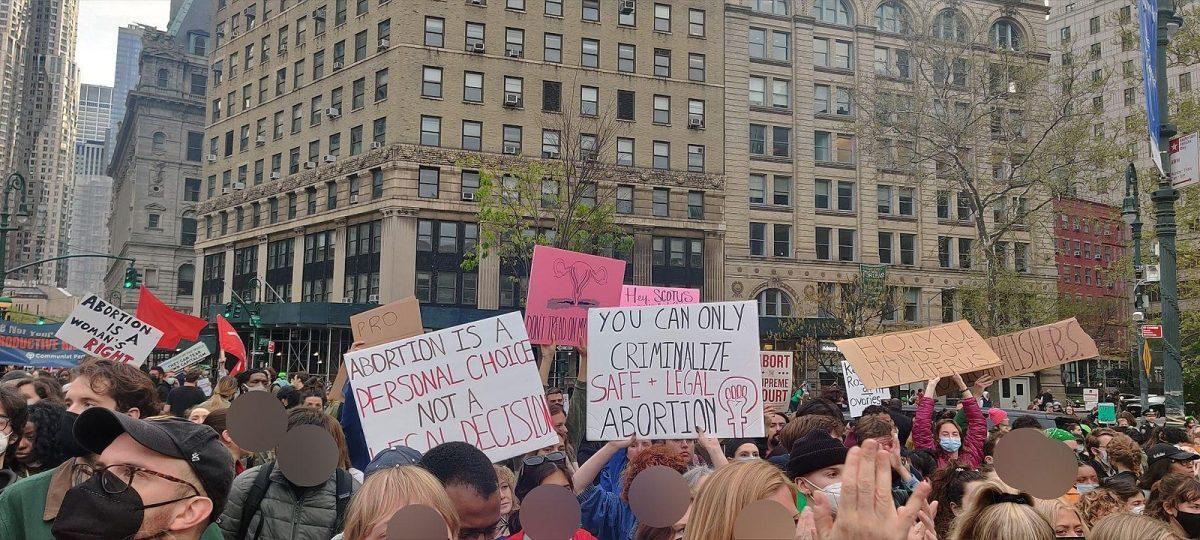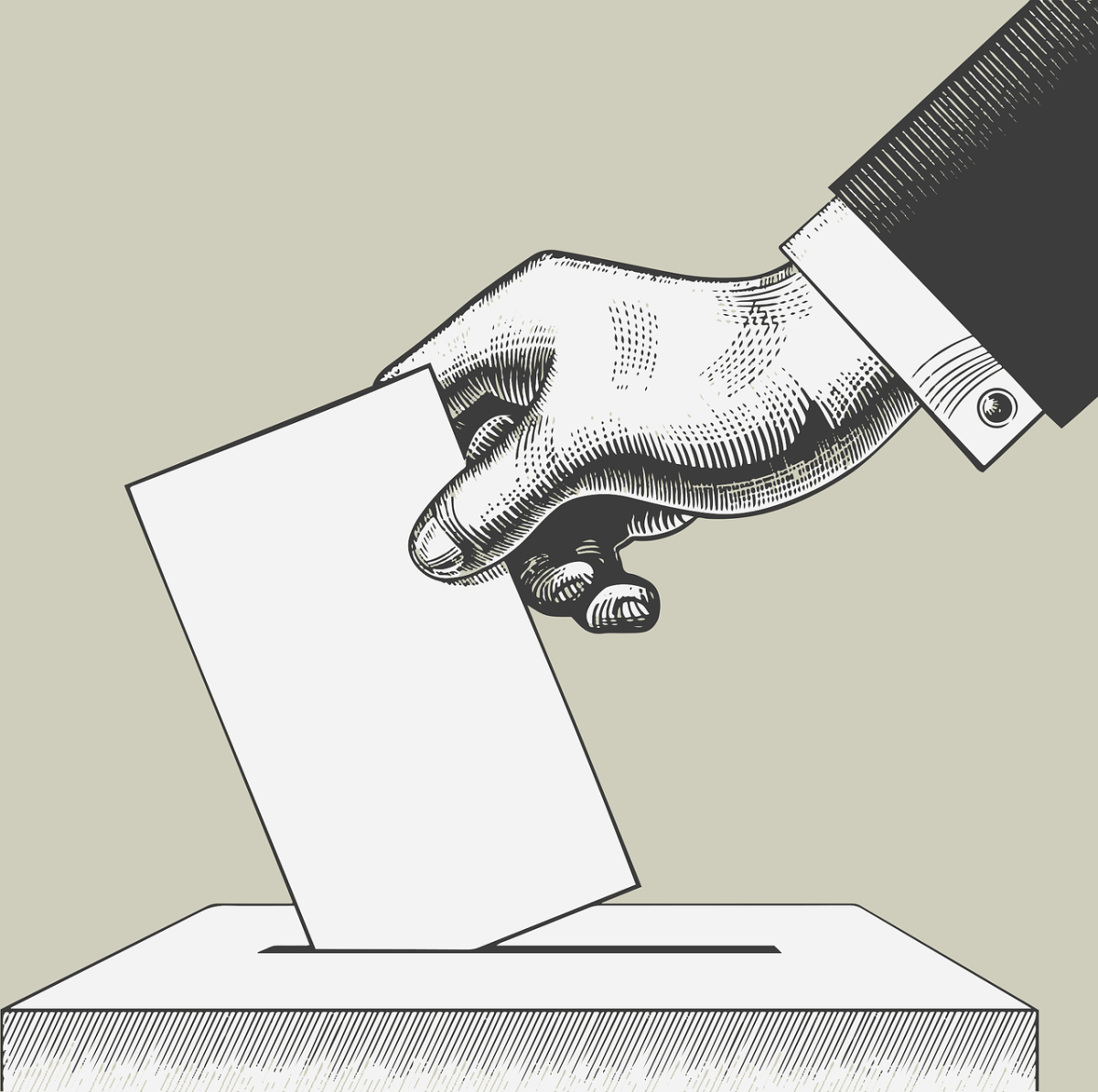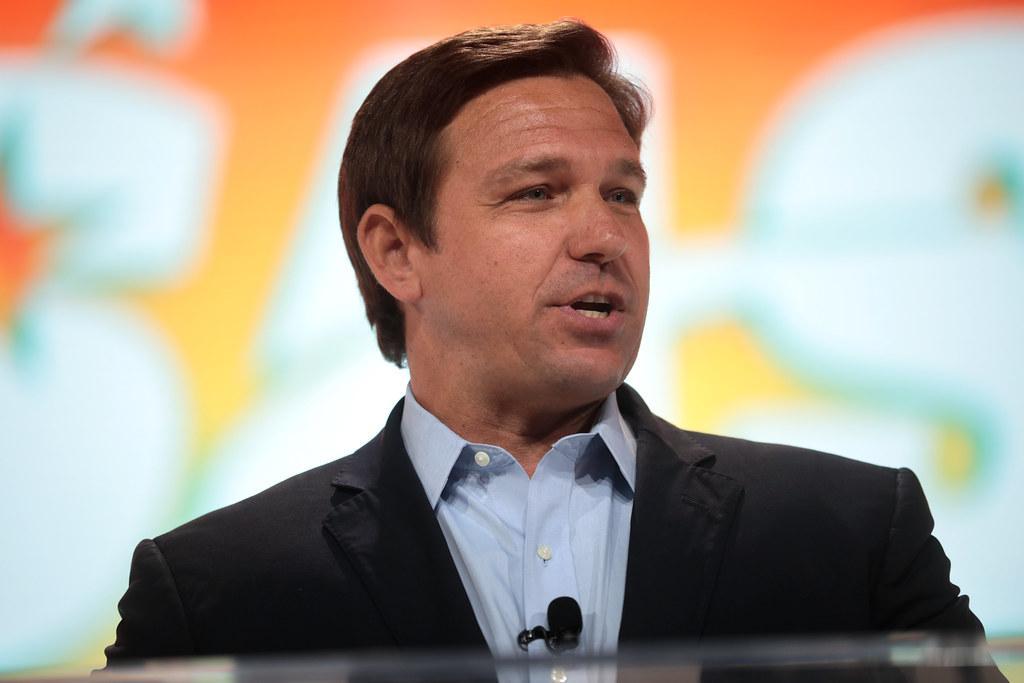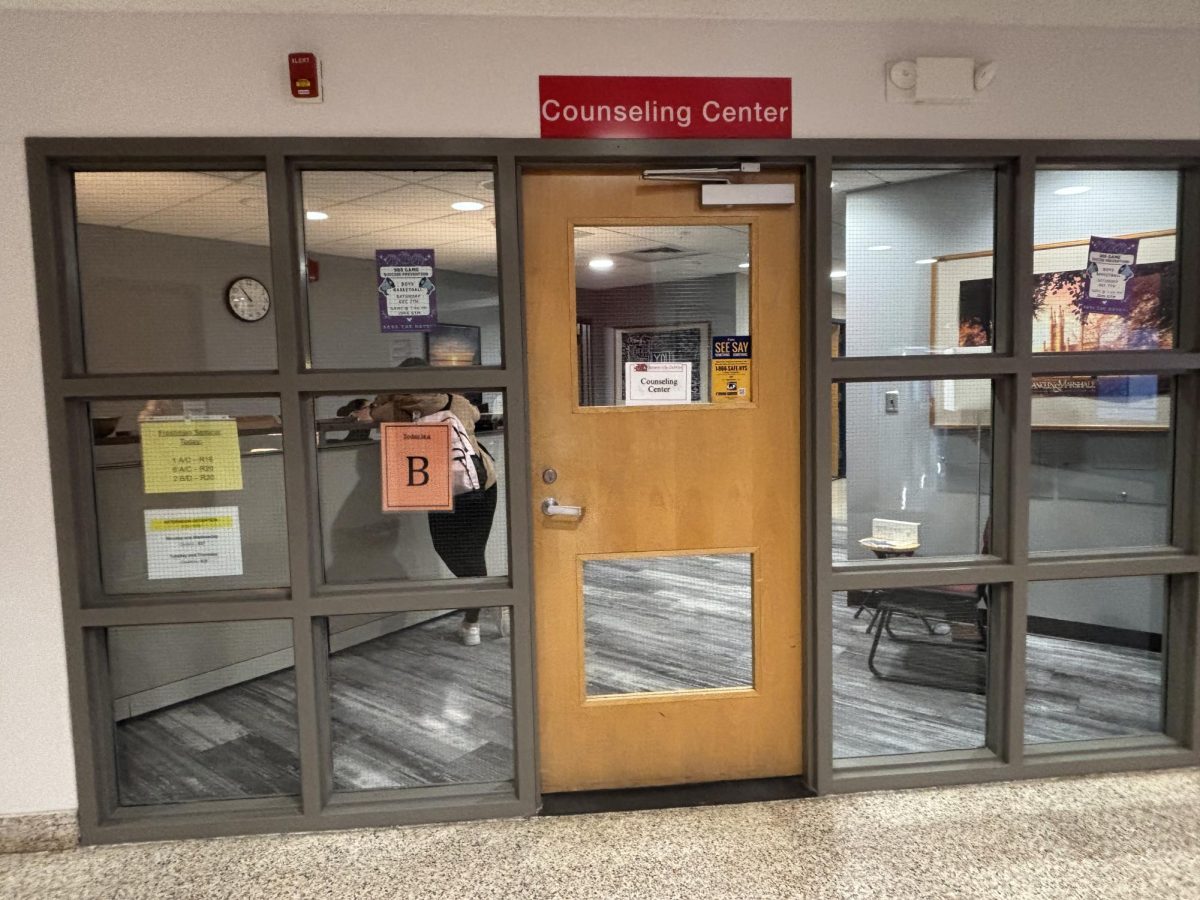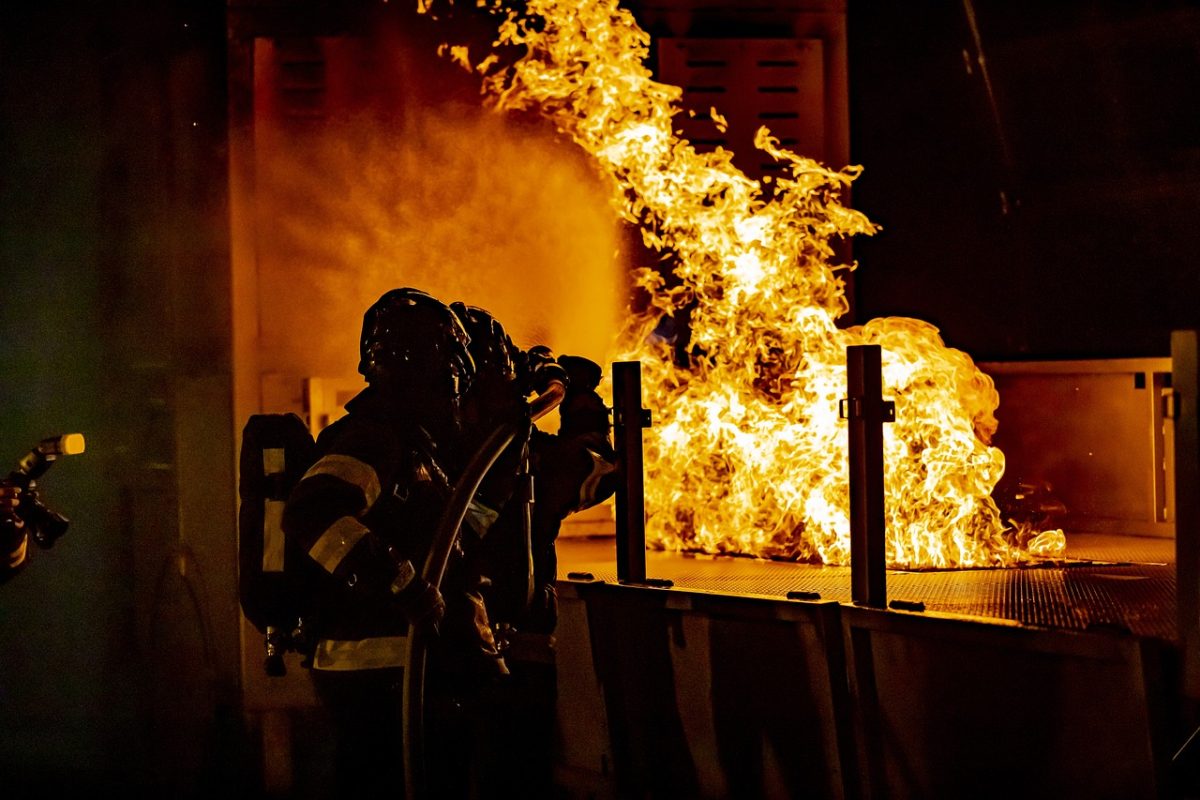By Contributing Writer Kate Saluti (’24)
Over 100 years ago, the women’s suffrage movement swept the nation in protest of women’s inability to vote. Empowering suffragettes courageously fought for the right to vote for an entire decade, until the 19th Amendment was ratified in 1920. It is now 2022, and the fight continues. Roe v. Wade was overturned in June, which drummed up protest around America once again. Each state in the U.S. has an individual mandate when it comes to permitting abortions. A concern presents itself for young protesters in high school: as out-of-state college opportunities approach, how will state abortion laws impact where they end up?
On June 24, 2022, Roe v. Wade was overturned by the Supreme Court, giving the states individual choice on their abortion laws. This means that abortions are no longer a constitutional right, and that the states have the individual power to decide whether or not they will regulate women’s reproductive rights.
Since then, the states have divided drastically. States including New York, California, and Oregon continue to fully protect abortion rights. States such as Texas, South Dakota, and Tennessee are enforcing strict trigger bans. Trigger bans were designed to outlaw abortions immediately after Roe was overturned.
As the upperclassmen at Jamesville-DeWitt High School continue their extensive college searching and application processes, lists are made with campus requirements to best suit the students’ needs. Some look for a small university; some want to be near the city. Most people cross a campus off their list if it does not have enough greenery. But now, another factor presents itself, one that has not been considered thoroughly before: whether or not a college is in an abortion-legal state.
Senior Nora Gross is looking at colleges in Washington, D.C. and Philadelphia. She has been considering the abortion-legal states seriously. “My parents won’t let me, even after college, live in a state where abortion is banned. They want me to be safe and have equal rights and opportunities,” said Gross.
But for others, the problem hasn’t been a main factor. “I am a big supporter of having abortion rights, but it hasn’t really been at the front of my mind when I’ve been doing all of this,” says senior Sophie Commandeur. With the pressures of applying to and looking at many potential schools, it is easy to push these problems away. But after speaking with these two seniors, they both have expressed that they are going to keep this issue in mind moving forward.
There is always a possibility that sometime in the future, these laws might change. But currently, there are states where someone could not get an abortion if they need or want one. When asked about potential plans if they, or someone close to them, needed an abortion in a banned state, most seniors said they would come back to New York. This seems like a logical explanation, but it might not always be that simple.
If a woman travels out of state seeking help, receives it, then travels back to an illegal state, many complications arise. Out of state doctors may be reluctant to provide assistance given the rules concerning medical care crossing state lines. If problems arise after help was provided out of state, a woman might be worried about the possibility of suspicion of an illegal abortion.
These problems do not only affect women, but others as well. When asked about his concerns for women’s reproductive rights, junior Jacob Price said, “It’s very important and a very pressing matter. I have a sister, you know, it’s a very messed up thing. And we need to do a better job making sure that women’s rights are protected.”





























